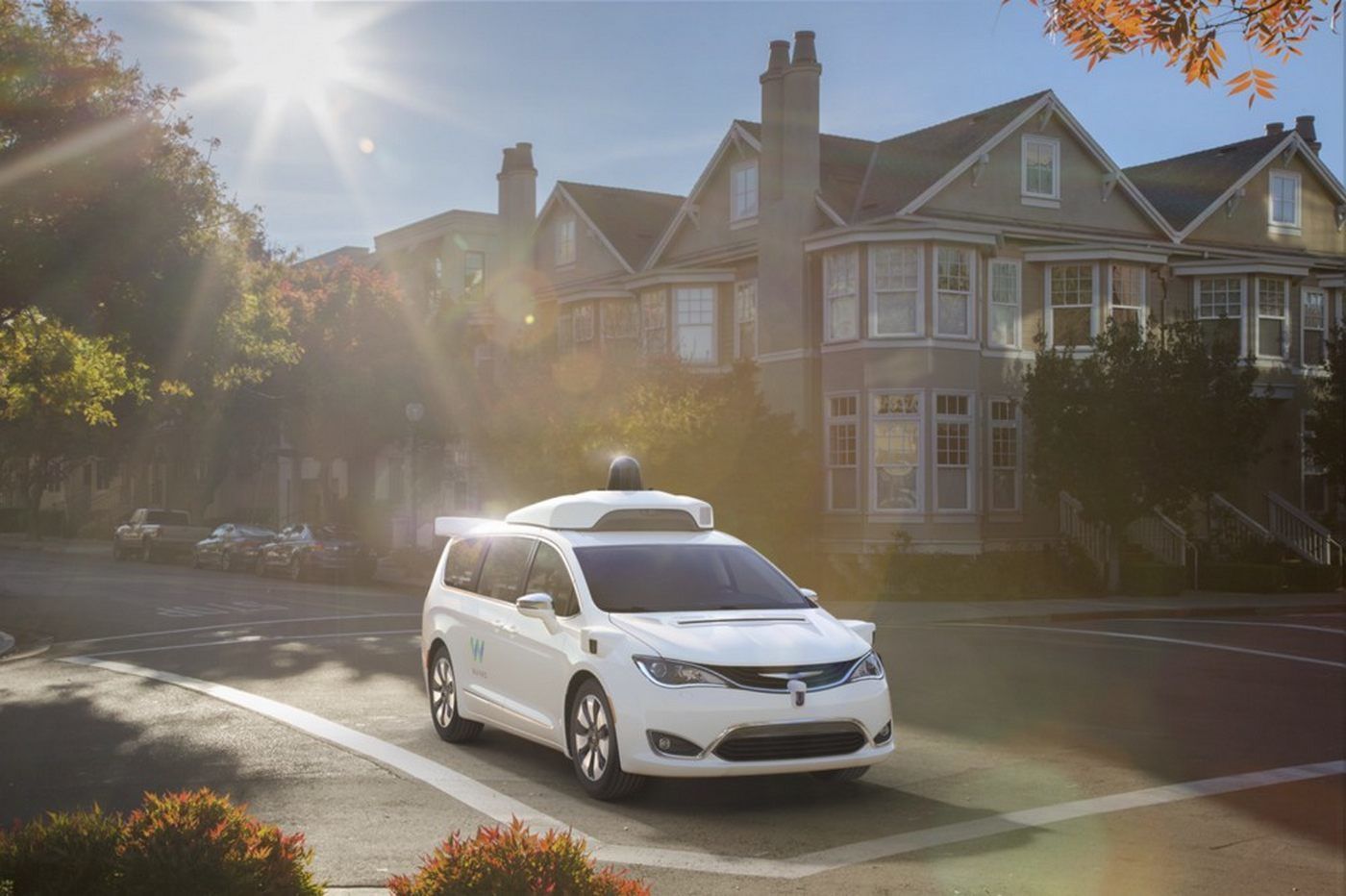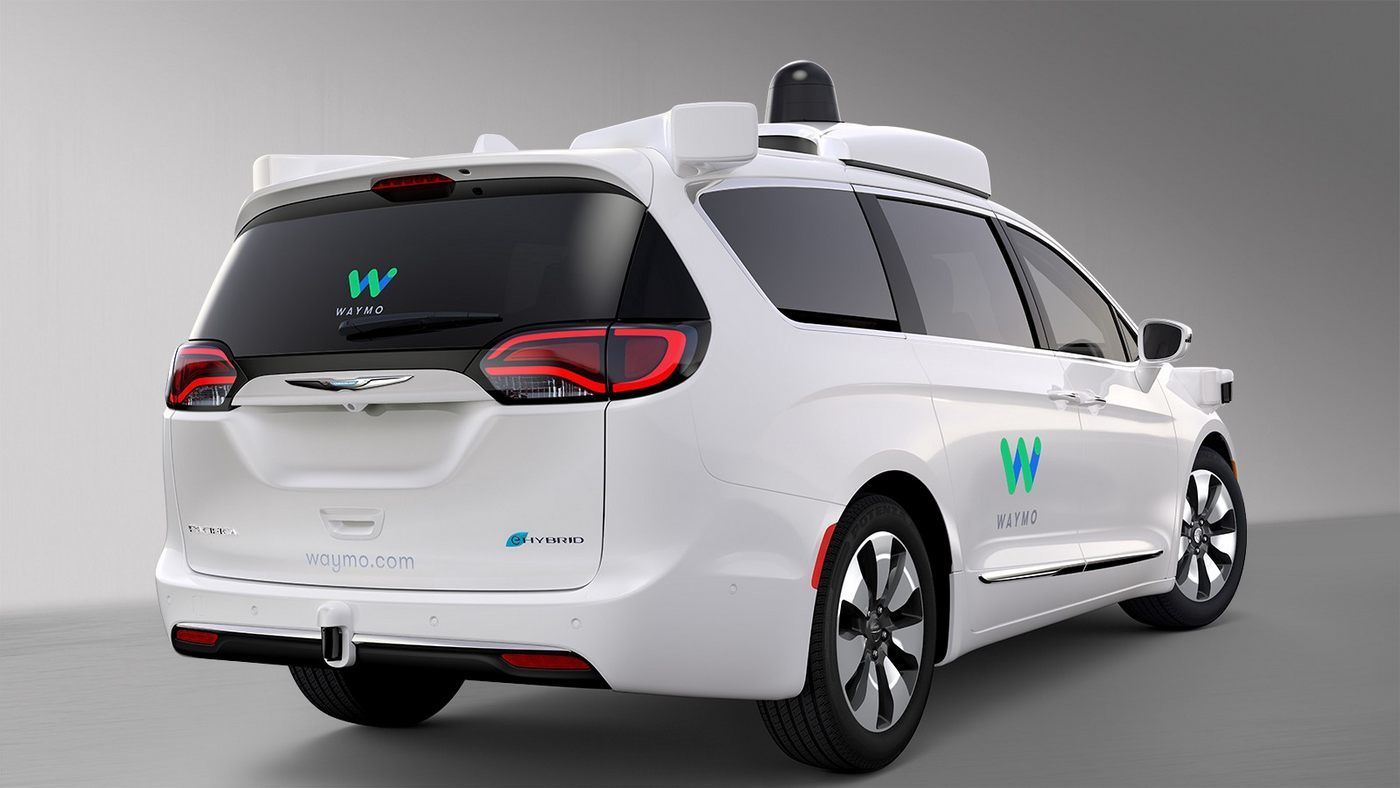Google's self-driving cars have come a long way since those golf cart-looking prototypes we've all seen.
Earlier this month, Google revealed it was shaking up its autonomous car efforts by spinning its self-driving project into an all-new company, Waymo, and it appointed the project's division head, John Krafcik, as CEO. While under Google's parent company, Alphabet, it'll act more like a "venture backed startup", which means the autonomous vehicle technology should become a more realistic business that could even turn a profit.
Waymo might get into ride-sharing, trucking, and personally-owned cars. It could even license its technology out to car manufacturers. There's all sorts of talk floating around about what's happening, but in the meantime, Google's autonomous vehicle division is unveiling its latest self-driving model: a souped-up Chrysler Pacifica hybrid minivan that can travel 30 miles in electric mode.
The car features a custom computer, sensors, and telematics previously tested in Google's Lexus SUV and other cars. Waymo's engineering team worked with Fiat Chrysler at a facility in southeastern Michigan on the vehicle's assembly. Waymo has already completed "over 200 hours of extreme-weather testing" in California and at FCA's "proving grounds" in Arizona and Michigan.
"Engineering modifications to the minivan's electrical, powertrain, chassis and structural systems were implemented to optimize the Pacifica Hybrid for Waymo's fully self-driving technology," both companies announced in a press release, while claiming FCA's product development and manufacturing teams enabled Waymo to go from program kickoff to full assembly in six months.
Krafcik wrote on Medium that on-the-road tests will help Waymo to learn how "people of all ages, shapes, and group sizes" experience fully self-driving tech.


